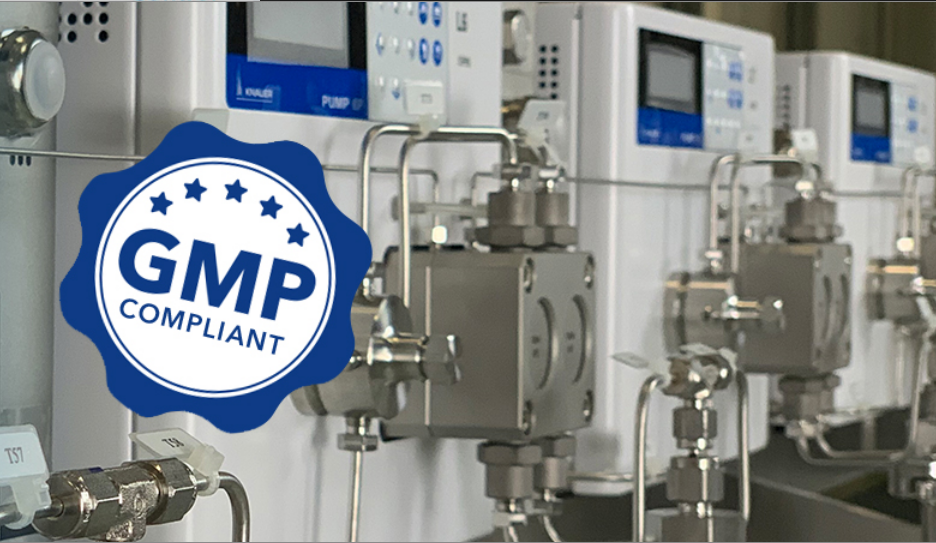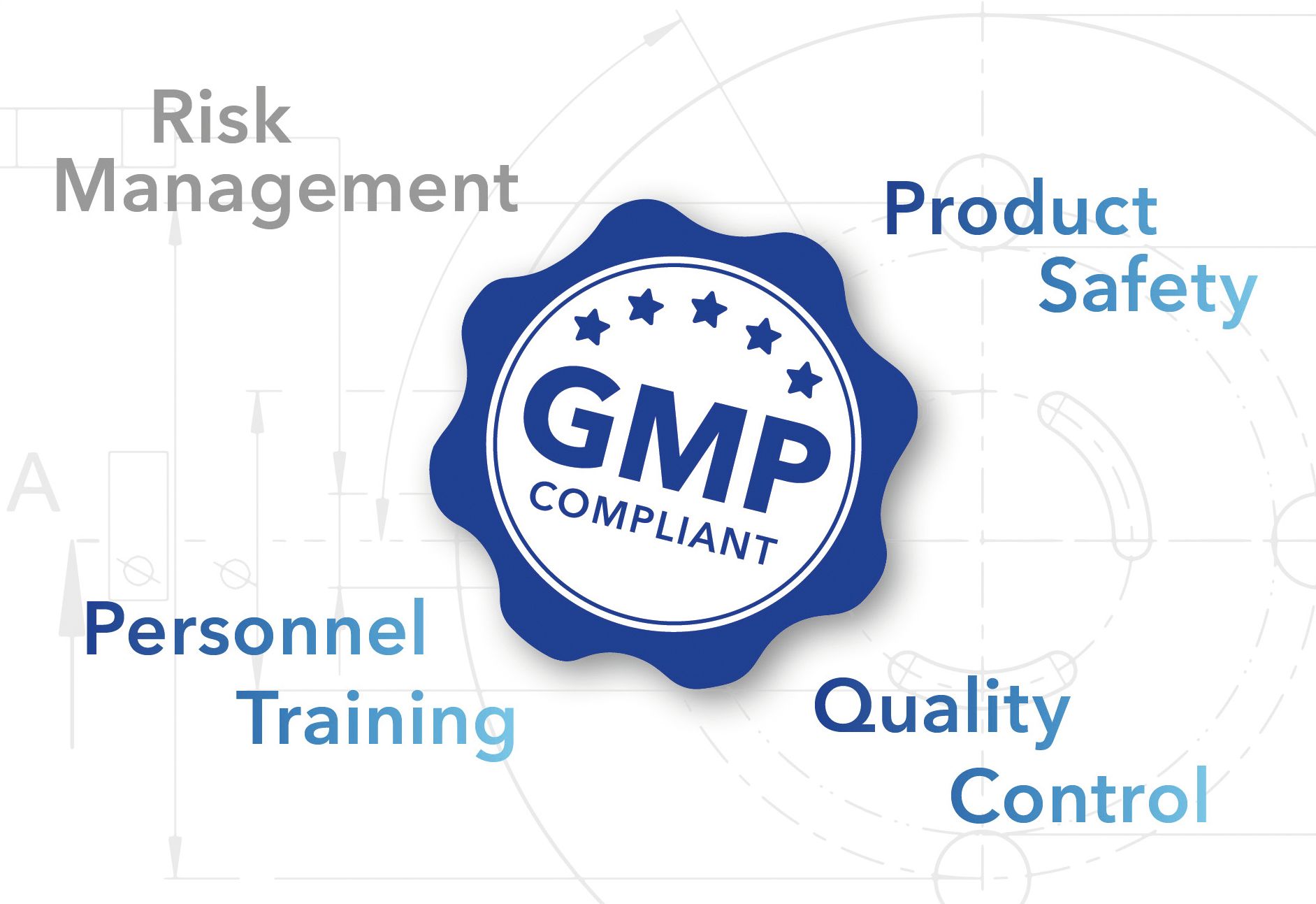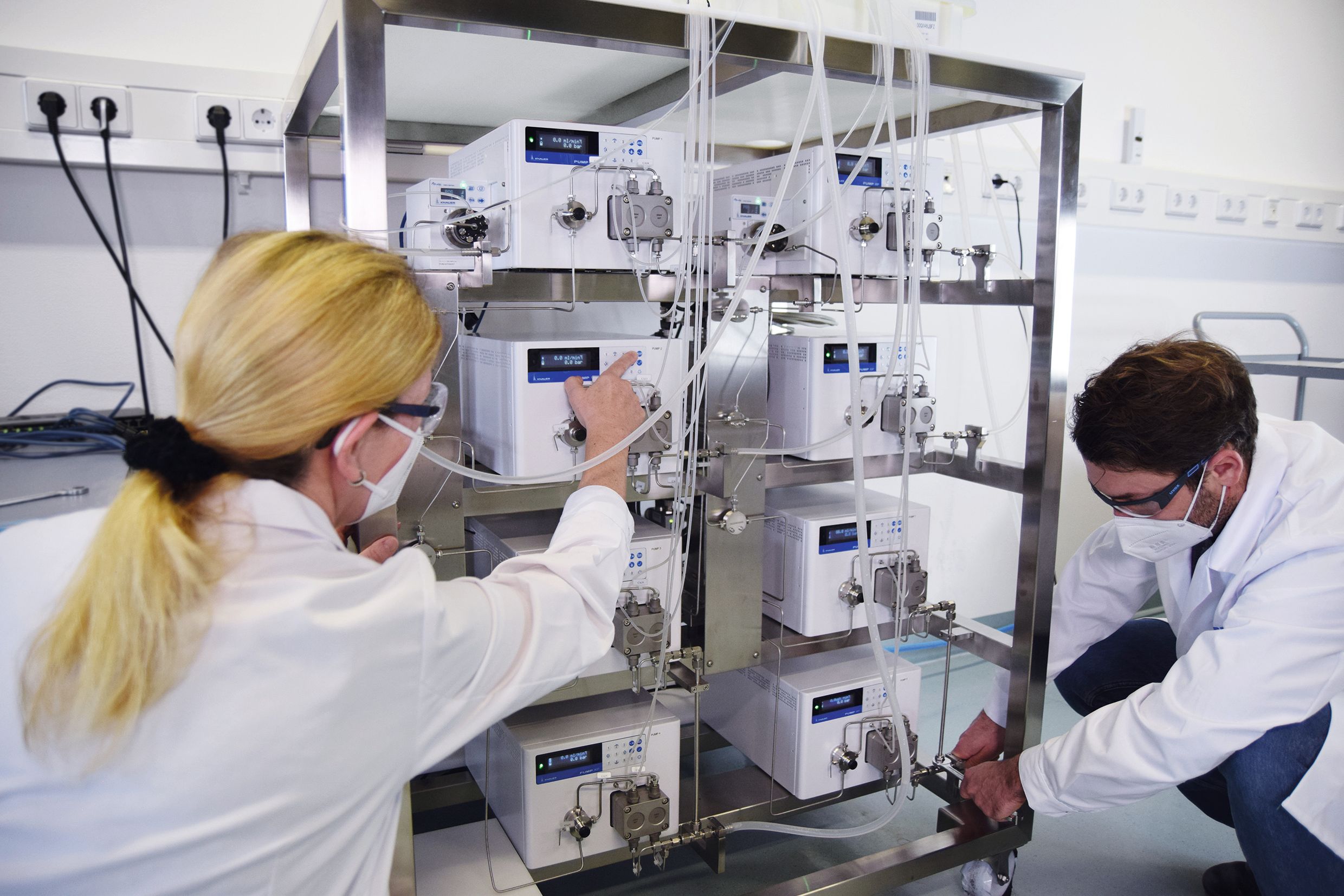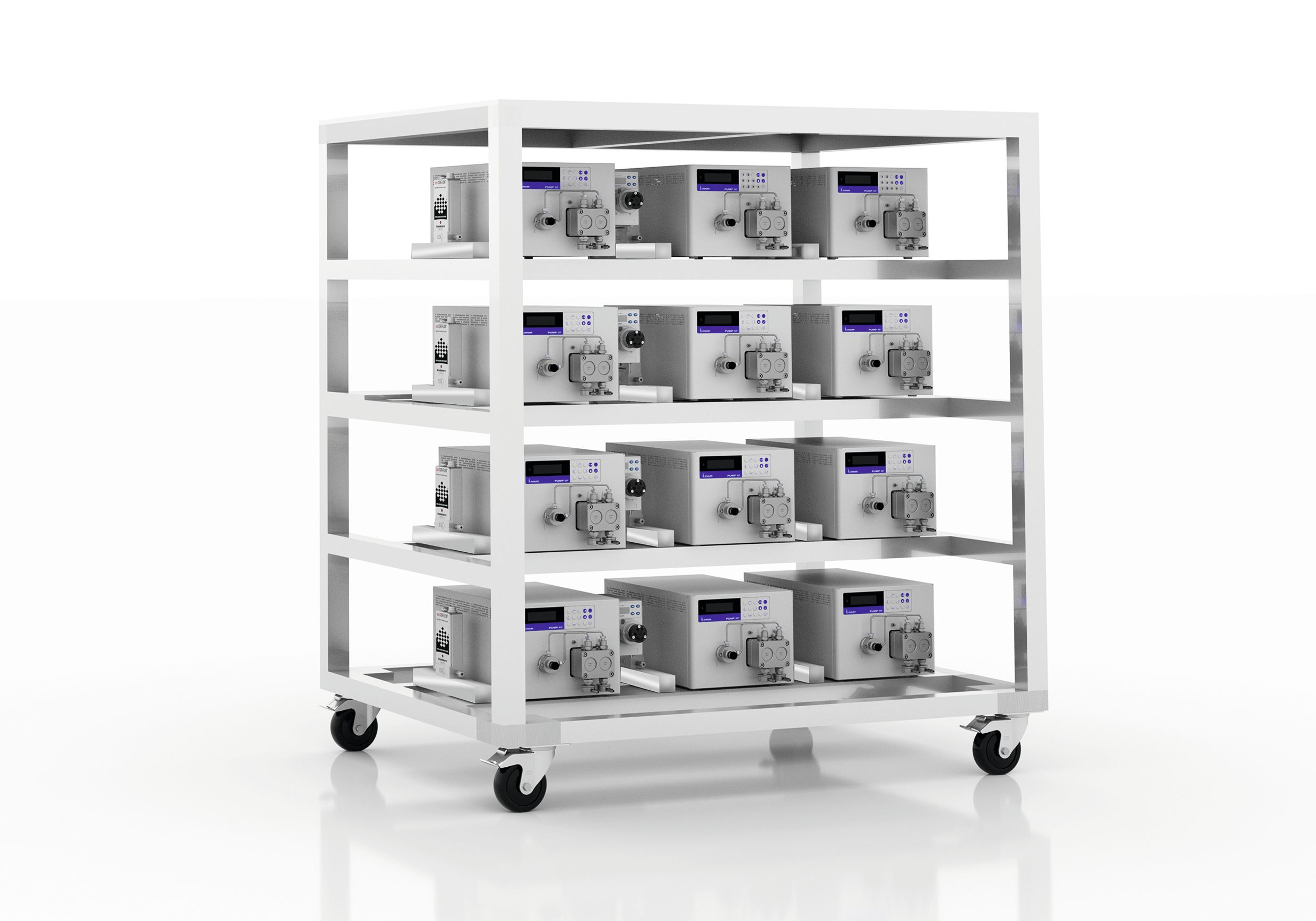Ensuring Your Pharmaceutical Processes are GMP Compliant
The regulation of product quality is an extremely important topic in the pharmaceutical industry. Pharmaceutical manufacturers must ensure that all products made for human consumption are produced to rigorously high standards, ensuring the formulation is consistent and free from any other, potentially harmful, compounds that could be introduced during the manufacturing process.
Good Manufacturing Practices (GMPs) are the regulations used to ensure pharmaceutical quality. GMP is considered when designing, monitoring, implementing, and controlling pharmaceutical purification and manufacturing processes. The regulations are extremely important because failures in adhering to them can result in contaminated medicines and, ultimately, human harm.
A GMP-controlled production process ensures high product quality and reduces the risk of harm toward consumers or the general public. The US Food and Drug Administration (FDA) is one of the world’s leading pharmaceuticals regulatory bodies, with the main regulatory standard for pharmaceutical quality being the Current Good Manufacturing Practices (CGMPs).
As suppliers of chromatographic systems for mRNA purification or continuous chromatography as well as systems for downstream processing in the biopharmaceutical industry, such as skids for lipid nanoparticle formulation, KNAUER is well-versed in GMP requirements. We provide a wide range of services to our customers to support them and to help ensure that their pharmaceutical purification and production processes adhere to GMP regulations.

Support for Manufacturers in Reaching GMP Compliance
Pharmaceutical manufacturers have an important responsibility to implement GMP-compliant pharmaceutical production. KNAUER’s customers often come to us with requirements relating to their specific manufacturing process that are usually defined in their User Requirement Specifications (URS). The URS defines the product specifications as well as all other topics relating to GMP compliance, such as product safety, the correct training of personnel, and quality control.
KNAUER welcomes every opportunity to share our expertise and resources with our customers in the pharmaceutical industry. KNAUER’s GMP Services are based on our hardware and software solutions. Our services cover three key areas of GMP compliance: product safety, quality control, and personnel training. The remaining key element of GMP, risk management, is managed by our customers.

What does this mean in practice? Let’s look at KNAUER’s GMP services in closer detail:
Product safety:
- Documentation on product conformity
- Documentation on the compliance of materials used for wetted parts
- Care must be taken to ensure that potentially harmful substances are not introduced to liquid products during the production process. This covers liquids for use in clinical, cosmetic, or food applications. Therefore, any materials used to construct the liquid flow path that come into contact with the final product must meet certain criteria.
- According to our end user’s requirements, KNAUER can provide compliance with the order (EN 10204-2.1), certificates of compliance on the materials used for wetted parts, and further documentation from the supplier such as 2.1 certificates.
Quality control:
- Installation and operation qualification, performance verification
- Factory acceptance test (FAT) at the KNAUER facility
- A FAT is a functional test performed upon completion of the manufacturing process to prove that the equipment has the same specification and functionality as indicated in the datasheet, specification, and purchase order.
- KNAUER is experienced in establishing such test procedures together with our customers before the delivery of our equipment.
- A test carried out on reception of the equipment at your site (known as a site acceptance test [SAT])
- Here, a KNAUER technician visits your site to ensure that your new KNAUER system works to your utmost satisfaction.
- We can also integrate the system into our customer’s existing production environment when required.
Personnel training:
- Software training and product training
- Service and maintenance training
Engineering Support at KNAUER is Always Available

At KNAUER, we love to work alongside our partners in biopharma to design the right system solution for their needs. In most instances our customers already know their process well and can provide us with the required specification for their desired system. KNAUER provides engineering services to develop the tools that match the needs and requirements of our end users.

KNAUER’s Impingement Jets Mixing Skid Technology—From Pharmaceutical R&D to Manufacturing
KNAUER’s impingement mixing skids can be used in the production of liquid nanoparticles (LNP) for the encapsulation of an Active Pharmaceutical Ingredient (API). The number of parallel units, pumps, flow meters, jet mixers, and pipes used to construct a skid is dependent on the application for which it will be used for. All KNAUER skids are built into a stainless-steel frame that is suitable for the clean-in-place procedures required in pharmaceutical production environments.
The Small Production Scale Unit Impingement Jets Mixing (IJM) skid contains two parallel mixing units, with each unit containing four pumps. Here, a concentrated solution of the API is first diluted into an aqueous phase and then mixed via jet mixing with the organic phase, which results in API encapsulation. The mixture is then quenched in a second mixer to stop further growth of LNPs. The Large Production Scale Unit IJM skid can be configured with up to eight parallel mixing units depending on the customer requirements. Each unit consists of two pumps to deliver lipid and API streams, two flow meters for flow control, and one jet mixer. Depending on the configuration, the predilution of the API and quenching can be performed for the combined flow of all units in one process step that takes place outside of the IJM skid.

.png&w=3840&q=75)

.png&w=3840&q=75)



.png&w=3840&q=75)



.png&w=3840&q=75)